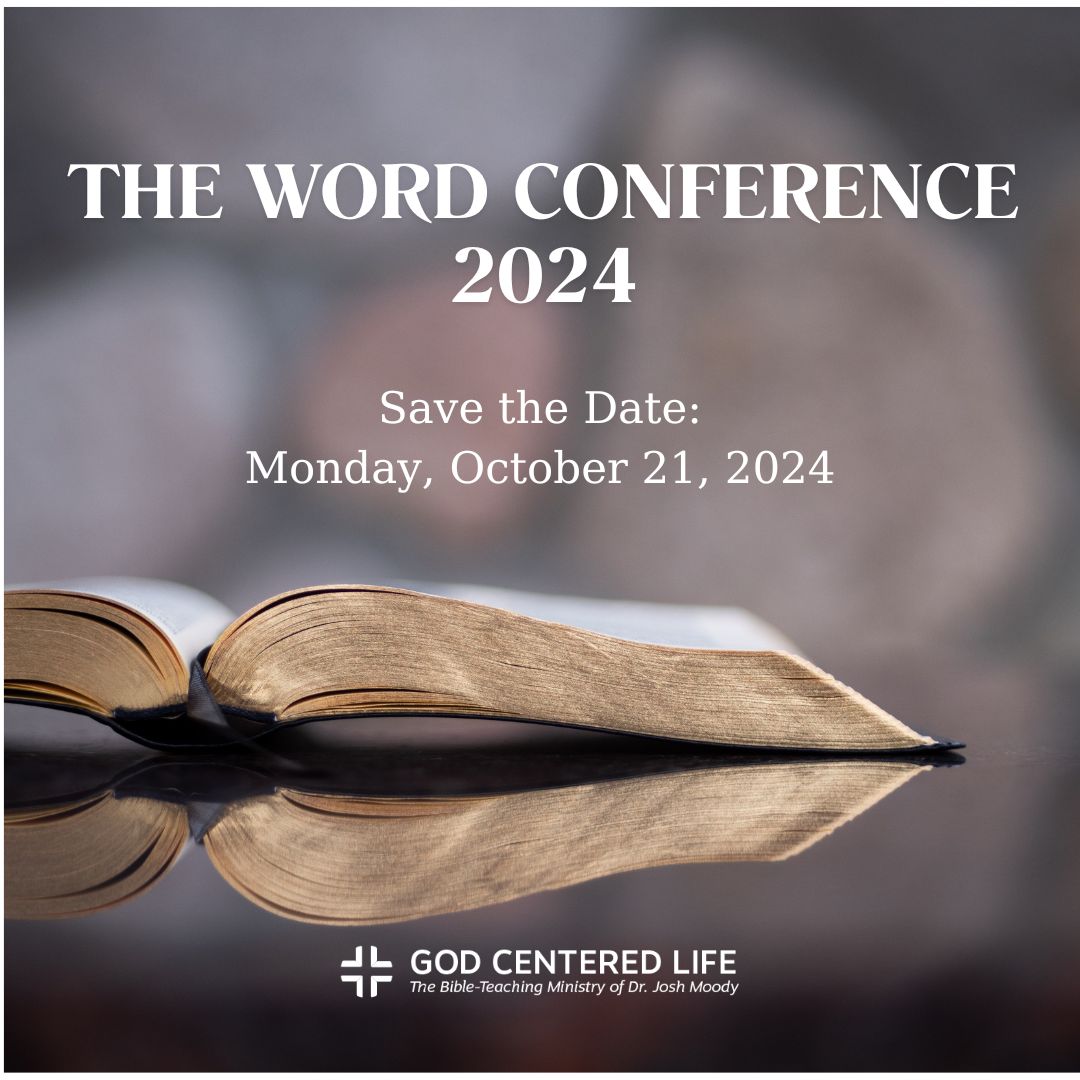February 8, 2017: He Who Has Ears, Let Him Hear
February 8, 2017
TODAY'S BIBLE READING:
Exodus 21-23, Psalm 31, Matthew 13:24-43, Acts 19:1-22 Matthew 13:24-43: More parables, and each of them about the kingdom of heaven, and each with great meaning. The first is the parable of the weeds (13:24-30). A right interpretation of this parable rests on Jesus’ own interpretation given in verses 36-43. Critically, it is important to note that the “field” is not equivalent to “the church,” but to “the world” (13:38). Doubtless, within even the best managed, most holy, and godly of churches, there are weeds as well as wheat, but Jesus’ parable here is not to be interpreted as an excuse for laziness or acceptance of unreformed doctrine or un-revitalized experience of the Christian life. He is considering “the world” and arguing that, as we do not now see as God sees at the final judgment, it is unwise for us to try to “gather” (13:28) before that final day—or determine with complete confidence who is not really a true Christian. The parable of the weeds also encourages us that if we see weeds growing as well as wheat, that we are not thereby to give up sowing wheat! Rather we are to keep sowing, and let God be the final determiner of what is righteous and what is not. The parable of the mustard seed (13:31-32) encourages us that though the word of God seems such a small or weak thing, it grows and grows. I remember one very famous preacher telling me how he would walk on to the platform of his huge church each Sunday, aware that not only the thousands present, but many thousands around the world, were listening to him; he was acutely conscious of how foolish he felt. What on earth did he have to offer? Such, though, is the foolishness of preaching, and the power of a seed is a perfect illustration of it. Who would have thought that a mighty oak from such a tiny acorn would spring? And yet such is the way of God in nature, as well as in spiritual matters. Similarly, the parable of “leaven” or yeast (13:33)—a small thing having a massive impact. Matthew now offers to Jesus’ own interpretation his inspired interpretative grid (13:34-35). This interpretation is more positive than Jesus’ in verses 10-17, and counterbalances that with teaching that the parables do “utter things hidden since the foundation of the world” (13:35). We are not therefore to trivialize Jesus’ stories as “just for kids.” The parable of the weeds, as we have already mentioned, is then explained in verses 36-43. This time we may just in addition note the solemnity of the explanation. Those who reject the Son of Man, who persist in their sin and law-breaking, will be thrown “into the fiery furnace. In that place there will be weeping and gnashing of teeth” (13:42). This is not the place to attempt a theology of hell, but this verse cannot be skipped over without realizing that for Jesus hell is real, and therefore we are to be warned of its reality. There is no scarier prospect than the forever weeping and gnashing about which Jesus himself so consistently warns. Do not play with hell-fire. But, instead, “the righteous will shine like the sun in the kingdom of their Father” (13:43). Listen to this. There are only two eternal destinies. There is no middle way. Life or death. “He who has ears, let him hear” (13:43). To receive God Centered Bible devotionals directly in your inbox, sign up here.]]>
ABOUT THE AUTHOR
Josh Moody (Ph.D., University of Cambridge) is the senior pastor of College Church in Wheaton, IL., president and founder of God Centered Life Ministries, and author of several books including How the Bible Can Change Your Life and John 1-12 For You.
WANT MORE?
To receive God Centered Life devotionals directly in your inbox, as well as other resources, enter your email address in the form at the bottom of this page and click "subscribe."

